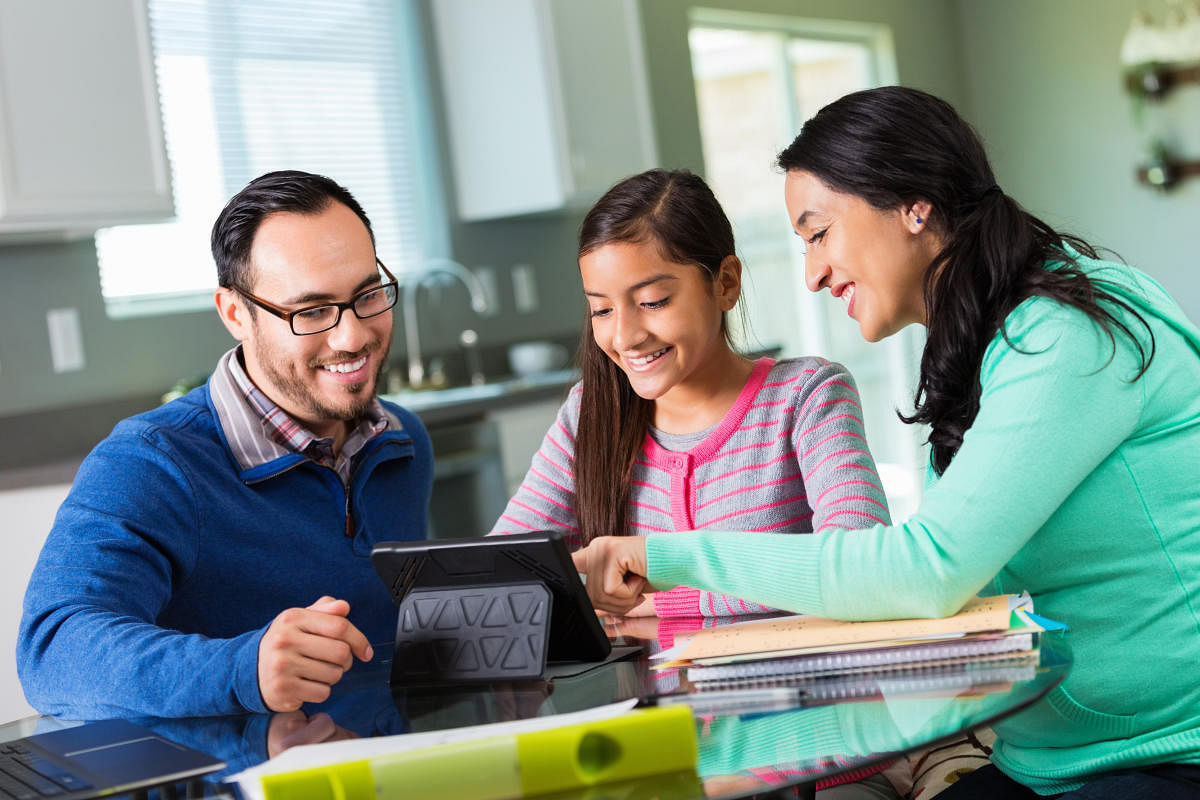
Most parents have a hard time dealing with their children getting older. The anxiety of not knowing what they’re doing or how they’re feeling adds to it. Privacy is a difficult thread to walk on. If you’re too lax in monitoring your children they might make the wrong choices, and if you’re too strict you might alienate them.
But the desire for privacy is a natural part of growing up.
“When your children are young, you have to monitor them externally. As they grow older you have to build the values in them that allow this monitoring to happen internally,” says Kala Balasubramaniam, a counselling psychologist and psychotherapist.
The first moment of discomfort for a parent might be when their child lies to them. It is then the parent’s responsibility to make the child aware of the consequences of lying. Kala adds that it is equally important for the parent to praise and appreciate honesty. “It is important to start from when they are young as what they learn then forms the basis for their behaviour as they grow older,” she explains.
“I think as parents, what’s most important is to understand the line between exploration and privacy. It’s important to allow a child to explore and figure things out themselves,” adds psychologist Neha Cadabam. Both of them agree that parents must start an open and honest channel of communication from when children are young as this forms the ground on which healthy privacy practices are built. As children become teenagers, the line between over-monitoring and under-monitoring becomes thinner.
“Adolescence is the stage when self-identity is formed. Pre-teens and teens form opinions about themselves and the world around them. And while it is important for parents to know of these developments, they should respect their child as an individual,” she says.
Kala explains that teenagers wanting more privacy than that was afforded to them as children is natural. If parents react adversely to these expectations, the children might start hiding things from them.
“It is important that as parents it should be communicated to kids that they’re allowed to explore and figure things out but at the same time will be monitored for their own safety. Once this is communicated in various ways to kids I think that becomes a way of life.” says Neha. For example if your child is going out somewhere, they can be expected to tell you where they’re going and with whom but the information topics of conversation and anything else that might have happened in that space should be told at your child’s discretion.
These boundaries should be constantly negotiated and changed depending on the age of the child.
Some parenting websites recommend that parents snoop through their child’s belongings without their consent, but Kala strongly says otherwise. “Unless there is an overwhelming need to, such as a suspicion of illegal or unsafe activities, this should be avoided. If you still feel the need to, then you must make it known to your child. You should inform them and explain the move to them rationally,” she advises.
When to stop monitoring your child is another question that parents grapple with. “After the age of 18, they are legally adults but they might not be emotionally mature,” says Kala. Consent becomes even more important after this.
Neha agrees that there is no one definitive and standard age when a parent should stop monitoring a child.
“It’s an equation that the parent and the child have to understand with time. As a parent they will be able to understand when the child is able to handle freedom responsibly and I that would be when parents should eventually taper off monitoring,” Neha concludes.
Pitfalls of over-monitoring and under-monitoring
Over monitoring is also called helicopter parenting. When a parent is constantly monitoring their child, it only makes them more dependent, more insecure and maybe even a little suffocated with lack of space to explore, says Neha. Kala adds that children might also hide what they’re doing and feeling. They would become more alienated from the parents and rebel against them.
Under monitoring also has its own drawbacks, says Neha. Children may feel that their parents are not interested in their day to day life; there is a higher chance of them being victims of bullying and cyber crime.